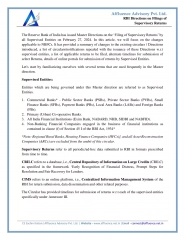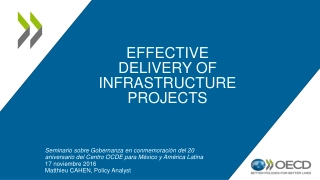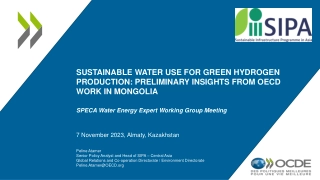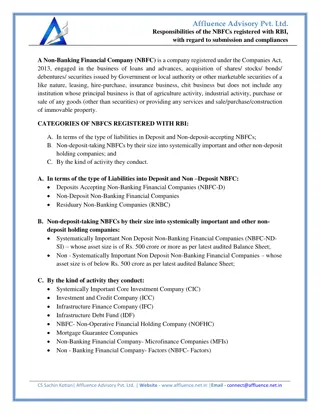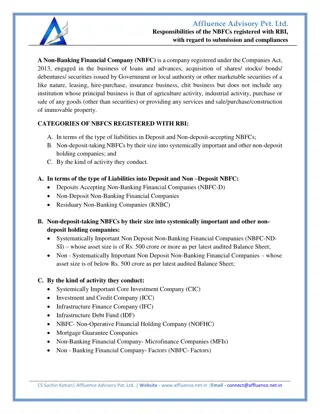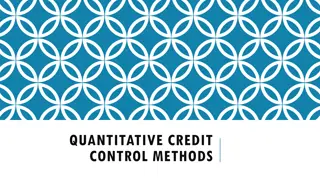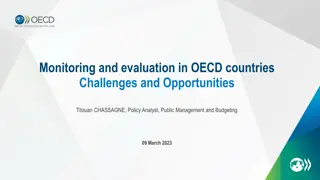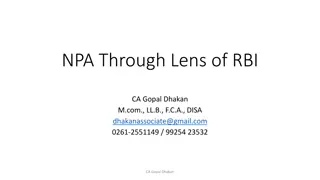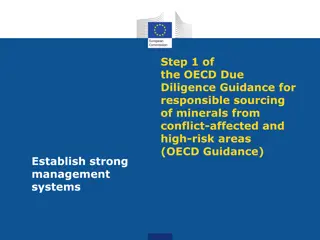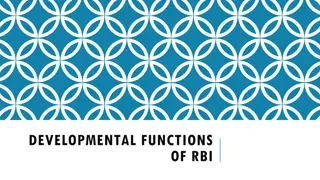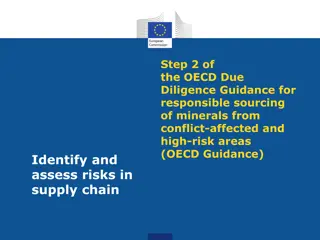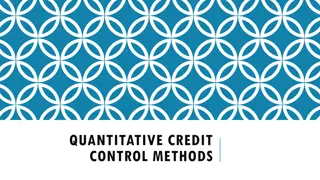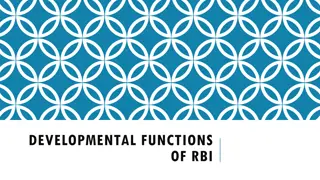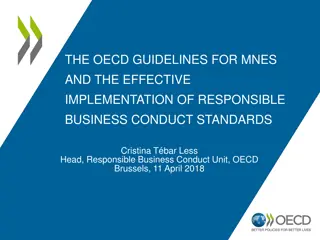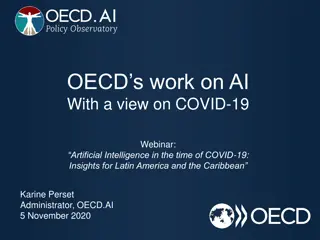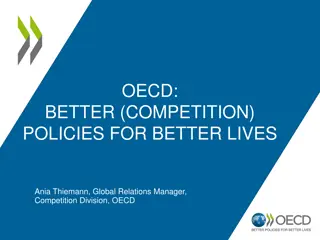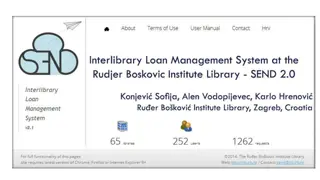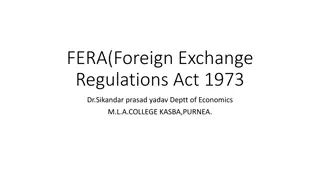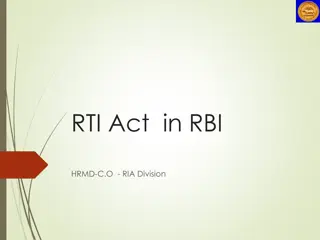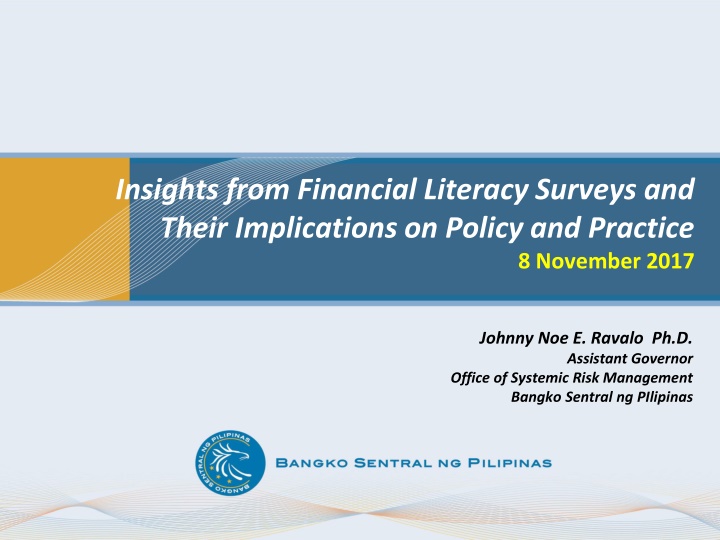
Financial Literacy Insights: Implications for Policy & Practice
Discover key insights from financial literacy surveys and their impact on policy and practice, highlighting the critical role of financial education in achieving stability and addressing economic challenges, with a focus on demographic differences and the need for targeted interventions.
Uploaded on | 2 Views
Download Presentation

Please find below an Image/Link to download the presentation.
The content on the website is provided AS IS for your information and personal use only. It may not be sold, licensed, or shared on other websites without obtaining consent from the author. If you encounter any issues during the download, it is possible that the publisher has removed the file from their server.
You are allowed to download the files provided on this website for personal or commercial use, subject to the condition that they are used lawfully. All files are the property of their respective owners.
The content on the website is provided AS IS for your information and personal use only. It may not be sold, licensed, or shared on other websites without obtaining consent from the author.
E N D
Presentation Transcript
Insights from Financial Literacy Surveys and Their Implications on Policy and Practice 8 November 2017 Johnny Noe E. Ravalo Ph.D. Assistant Governor Office of Systemic Risk Management Bangko Sentral ng PIlipinas
FinLit is Important While there are many causes to the economic problems facing the country, it is undeniable that a lack of financial literacy is a contributing factor. Charles R. Schwab, January 2009
FinLit is Important for Achieving Financial Stability While there are many causes to the economic problems facing the country, it is undeniable that a lack of financial literacy is a contributing factor. Charles R. Schwab, January 2009 But the lack of understanding of households on financial issues and, in particular, on credit and investment, has also a major role. As a result individuals have accepted (sometimes unknowingly) to support more financial risks than what they could afford. Financial Education and the Crisis OECD/INFE June 2009
The Numbers Differ But the Message is the Same Survey scores are alarmingly low There is a gender gap
We Often Revert to Ordinal Rankings but There will be fundamental differences across countries For example, in the Philippines, women do better on FinLit surveys than men
Perhaps the Messaging Should Be More Focused Profile of those who do well in finlit surveys Those who self-assess themselves to be financially literate Demographics certainly matters but what is the policy intervention? With highest educational attainment Will expanding financial education programs be the main policy objective? With highest income Regularly use traditional and/or social media Live in the inner city Started saving as a child Head of household
There Might Be Confusion that the Gains Are Private Profile of those who do well in finlit surveys Those who self-assess themselves to be financially literate Financial Education financial literacy: awareness, knowledge, skills, attitude, behaviors With highest educational attainment With highest income financial decisions that improve financial well-being Regularly use traditional and/or social media Live in the inner city Started saving as a child Head of household
Our Thinking is that Financial Education Financial Education financial literacy: awareness, knowledge, skills, attitude, behaviors financial decisions that improves financial well-being managing financial risks in the context of financial stability
Our Thinking is that Financial Education National Strategy for FE Key messages: Save for retirement Save for uncertainty Avoid over indebtedness Mitigate fraud Execute at provincial level
Our Thinking is that Financial Education National Strategy for FE Pursuit of financial stability Key messages: Save for retirement Save for uncertainty Avoid over indebtedness Mitigate fraud Execute at provincial level
Insights from Financial Literacy Surveys and Their Implications on Policy and Practice 8 November 2017 Johnny Noe E. Ravalo Ph.D. Assistant Governor Office of Systemic Risk Management Bangko Sentral ng PIlipinas

